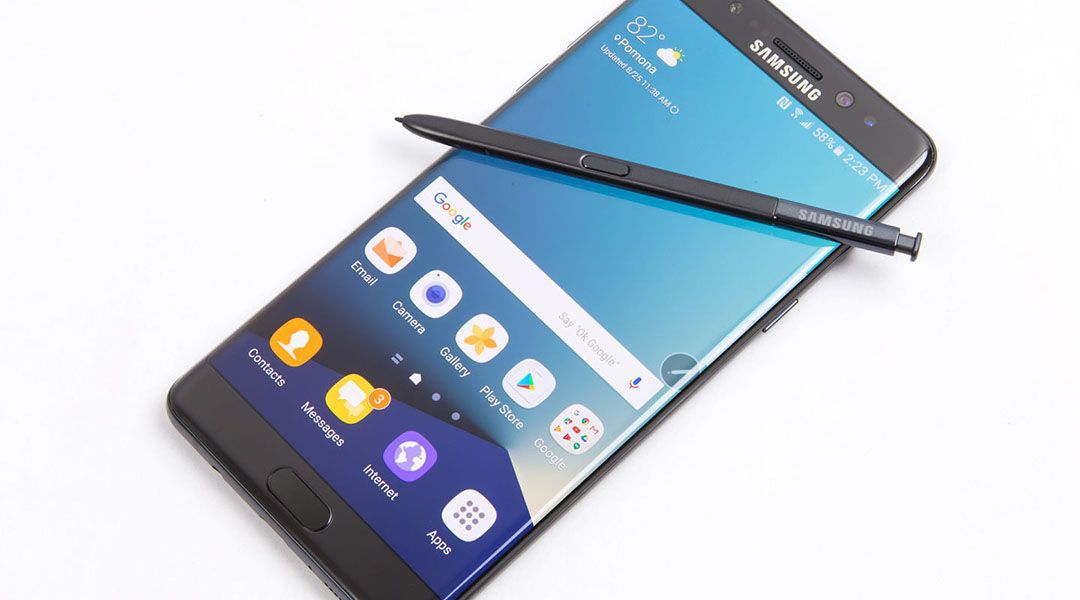
Oculus Pulls Galaxy Note 7 VR Support
By Jasmine Henry 13 October 2016
Following the Samsung Galaxy Note 7 controversy, in which the phone explodes and catches fire, Oculus removes virtual reality support with its Gear VR headset.
Earlier this week, Samsung announced that it would be ending production of its Samsung Galaxy Note 7 smartphones following several reports that the phones had “exploded” or “caught fire” while in use, as well as a failed attempt to fix this with replacement handsets. The controversy concerning the Note 7 and its safety concerns have been widely mocked including in this Grand Theft Auto 5 exploding Note 7 mod and the entire debacle is believed to have cost Samsung around $17 billion altogether.
Even Samsung Galaxy Note 7 owners whose phones haven’t erupted in flames are also feeling the effects of this. Oculus has now announced that it is ending Oculus virtual reality support for the smartphone.
Oculus’ ending of VR support for the Note 7 specifically regards the Samsung Gear VR headset (which Oculus created with Samsung) and its compatible software. In an email sent to Samsung Galaxy Note 7 owners, published by Polygon, Oculus says, “If you have bought content in the Oculus store to use with your Note7 and you’d like to be refunded, Oculus will honor that” adding, “more information about the refund process is forthcoming.”

On the Frequently Asked Questions page for the Note 7’s Gear VR support, Oculus states that it will be “removing support for all Note 7 devices with Samsung Gear VR until further notice,” also reiterating that more information about the refund process is on the way, but as of the time of writing this information is still not available on the FAQ page. It’s also worth noting that the Note 7 no longer features on the Gear VR website at all, which does not inspire much confidence that the Note 7 will get its Gear VR support back in future.
For Oculus, this could be a huge setback when it comes to getting people to adopt virtual reality headsets. Although the company is working on a cheaper version of the Oculus Rift, its currently available headset is still considered to be expensive. Oculus is also fighting off competition from its lower-priced rival PlayStation VR, which could sell 1.4 million units this year.
The Gear VR headset is Oculus’ one way to get onto the heads and in front of the faces of gamers who don’t have as much money to spend. So, while the Gear VR is still available, the loss of its flagship platform does leave the company’s adoption strategy hanging in the balance.
Oculus‘ VR headseat, Oculus Rift, is available now.
Source: Oculus (via Polygon)
